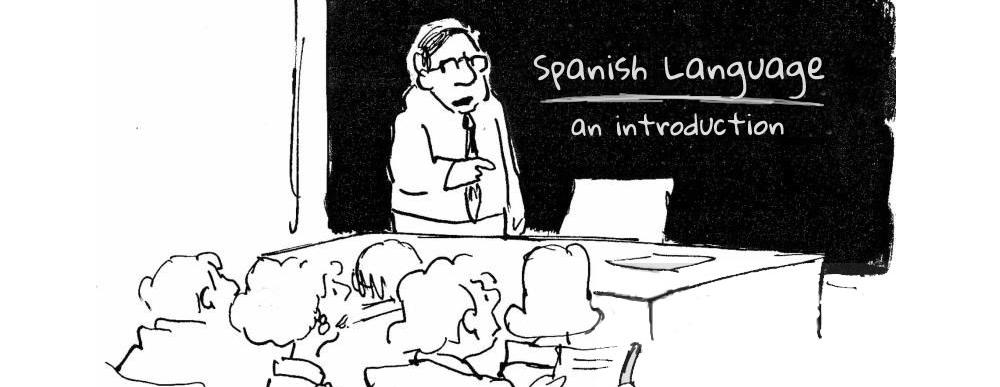Posted on May 04, 2020 |
There are many tips for learning a new language, especially the Spanish language. We share some of them based on our years of experience teaching the Spanish language.
Last week, we had already shared a series of tips to learn the Spanish language (or even any other language) more easily and faster. But we felt that there were other suggestions that are also worth including and considering during the Spanish language learning process. We share them below.
Tip # 1 : Basic and Simple

Learn in the simplest and most basic way. Like when we were children and we learned in school the names of the basic elements that surround us, which is useful for basic communication. In Spanish, as well as in any other language, there are around 100 basic words and one in common use. This small group of words are almost 50% of the communication that a person uses daily.
This is a fundamental basis for learning a new language such as Spanish. This will also allow you to progress through levels little by little during your learning. You will realize that by understanding and memorizing these 100 basic words that you use daily, you will be able to understand a conversation and even communicate back.
Tip # 2 : Dictionary

As simple as it may seem, having a dictionary at hand is very useful when we are learning a new language. Today there are many applications for mobile phones that can help you translate new words or words that you are trying to memorize. If you are not with your online or face-to-face Spanish teacher and you need to understand the meaning of a word, then use this resource, it is a good idea to use a translator that could help you understand the context of a sentence, since this also influences the meaning.
Tip # 3 : Grammar

This is probably one of the most important aspects to pay attention to while learning Spanish (or any other language). The way we put together a sentence and the order of the words can mean a lot, although sometimes we can communicate the idea, it is important to be able to express ourselves correctly.
Two important keys in grammar are :
- Structure and articles, you have to pay attention to the structure of the Spanish language and how the articles work (feminine, masculine and neutral articles), as soon as you understand how the Spanish language structure works, it will be much easier for you to express yourself.
- Questions, learning how to ask questions is very helpful during learning the Spanish language. Consequently, how to answer them is also important.
Tip # 4 : Colloquial Expressions

It is important to understand the idiosyncrasy of the Spanish language (as well as in any other language), there are many expressions that have special meanings and that you can commonly hear in a conversation. Look for references of these expressions or ask your Spanish teacher about some of them, you will realize that it is fun to understand and use them, but they are part of everyday conversations.
Tip # 5 : Regularity and Constancy

Although it is very obvious, sometimes we forget that perseverance helps us reach the goal faster and more efficiently. The more practice you give to the Spanish language you are studying, the better the results you will get.
Oftentimes, the only exposure students have to the Spanish language is when they are with their teacher online or in person during class. Fortunately, we have many resources today through the internet to continue practicing. Seek to surround yourself with the Spanish language as much as possible.
Tip # 6 : Avoid Bad Resources

We know that the internet is an excellent source of information, but when it comes to using it as a study and practice resource, not everything is good for practicing the Spanish language. Try to use reliable sources of well written and spoken Spanish ... it is not that complicated. Articles of interest in Spanish blogs are a good source of reading. Some question and answer forums could be an interesting resource, as they regularly represent a written Q&A conversation. On the other hand, Social Networks are not a good source of learning and practice, this is because many words or expressions are cut or abbreviated by users to write faster.
Oddly enough, the instruction book for devices such as a cell phone, printer or even the TV in Spanish are also not a good source of reading to practice or learn the language.
Latest Posts
-
Easter Week 2025 Schedule Processions Antigua Guatemala
- Mar 02, 2025 -
Ten Beautiful Words in the Spanish Language
- Jul 13, 2024 -
Easter Week 2024 in Antigua Guatemala
- Feb 04, 2024


